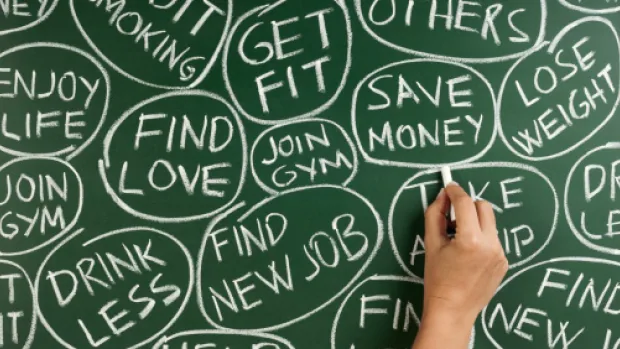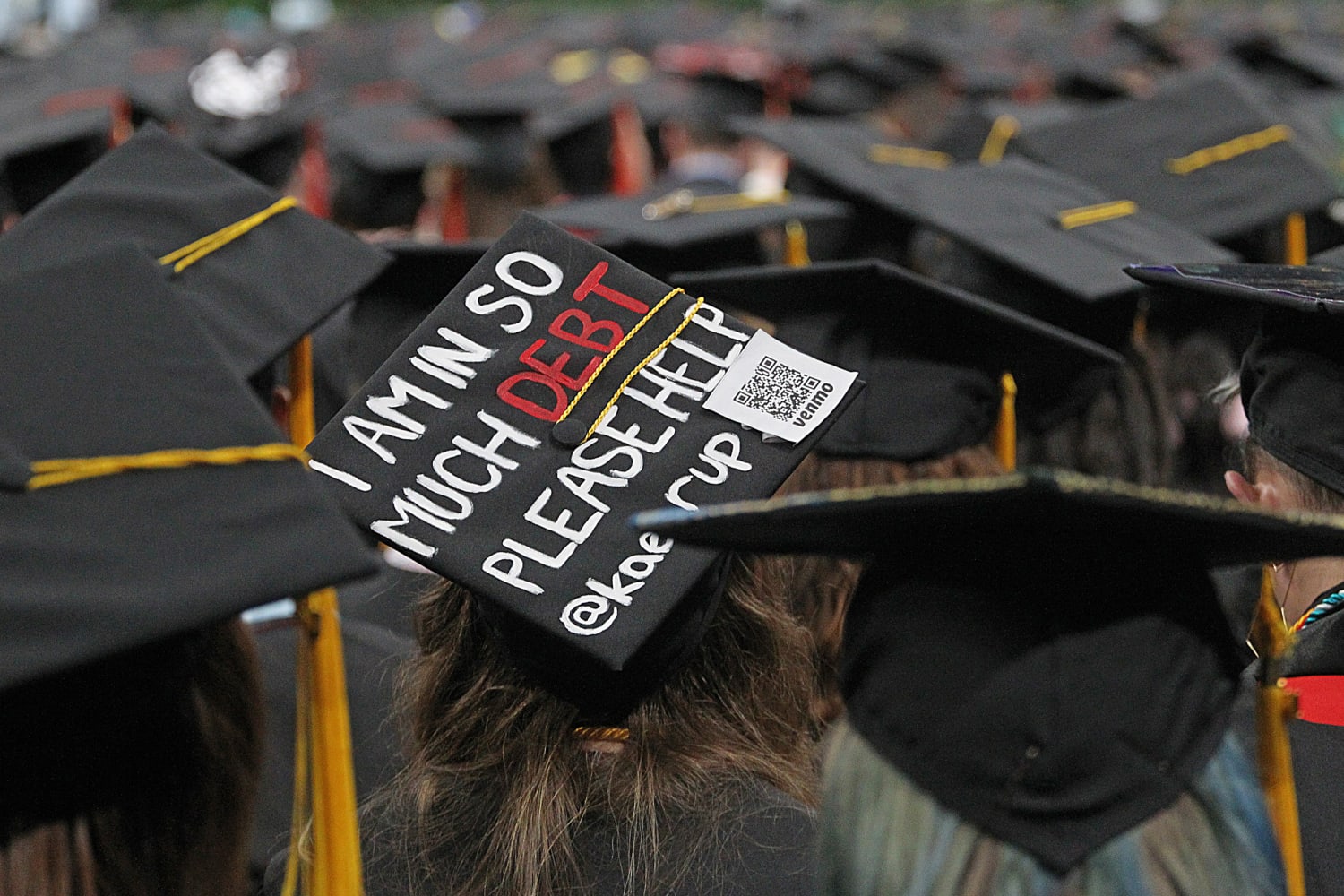When I was a kid, the school year always seemed to go on forever. I know it was nine months out of the year and that was a sizable chunk of any given year. But looking back on it, I swear every day felt longer, every week felt like a month, and every month felt like a year. Even as I got older, time seemed to drag and at times, it was agonizing.
These days, the flow of time feels different and not just because of the events of the COVID-19 pandemic. Granted, that did mess up everyone’s sense of time. But even before that, I noticed how the days, months, and years seem to go by differently. And the older I get, the more I feel it. I’m also not the only one.
A lot of friends and relatives I talk to will say the same thing. They swear that 2023 just started a few weeks ago. They remember the ball dropping on New Years Eve. They remember making New Years resolutions, capping off the holidays, and making plans for the new year.
The next thing they know, Halloween is over and the holidays are just around the corner. You start to wonder where the hell the rest of the year went. You wonder why and how it went by so quickly. I’ve certainly wondered that from time to time. But since the end of the pandemic, I feel like my perspectives on how the years go by has struck a unique balance.
And I count that as an accomplishment because for a good chunk of my youth, that balance was lacking and not just because of how much I struggled in high school. College was eventful, but it felt like it ended too quickly for me because I was often anxious about what I would do when I got out. Even when I started working and exploring new creative outlets, I didn’t have much certainty with respect to how I would build a life for myself.
That took a while to figure out. I also made a few mistakes along the way, as most people do when they’re young and uncertain. But once I created a more stable life for myself, finding some decent jobs and moving into my own place, that’s when I really noticed my perceptions of time change.
Unlike being in school, my life was a lot less structured and regimented. There was less obsession over navigating classes, classmates, and assignments and more focus on just getting better at whatever job I happened to have. For someone like me, I tend to thrive more when things are streamlined and I know what I need to do over the course of a given day, week, or month. That allows me to plan accordingly and get things down to a system.
Once I found that, life in general just seemed to run smoother. It also helped that I wasn’t an awkward teenager trying to handle acne, puberty, and poor social skills anymore. Life experience and maturity helped me better navigate my life on a day-to-day basis.
Plus, making my own money, being able to spend it however I wanted, and living on my own schedule was a lot more fulfilling. I was no longer constantly checking the clock, agonizing over when my next assignment or obligation was.
Yes, I had that with my job, but that always felt less stressful than school because it was more limited. There was less emphasis on following strict schedules and getting grades. What mattered more was the end results and once I knew how to do that, there was less stress and anxiety.
Now, it was more a matter of how to enjoy my personal time when I wasn’t working. Having more of that, as well as enough money to make the most of it, really benefited me in terms of mental health. But it also made that time feel more fleeting and precious. When you’re doing your own thing and enjoying it every step of the way, it seems to end sooner. That’s often how I feel every time my trip to New York Comic Con ends.
I suspect that feeling will continue to evolve as I get older. There is some real science behind why time seems to move faster as you get older. Much of it has to do with how getting older makes each experience a smaller and smaller chunk of your lived experience. I think there is some merit to that and my older friends can often attest to it.
But beyond the science, I think this feeling is best summed up by a friend of mine who retired recently. He once told me that “The days are long, but the years feel short.” And I think that holds true, regardless of how old you are.
Every day is going to go by at its own pace, regardless of whether you’re working, going to school, or just enjoying a lazy Saturday afternoon. But as you make it through each day, they add up fast. Eventually, they’ll all feel like a blur as you make it through another year. At times, it feels like those days were wasted. But I would encourage others to avoid that feeling.
Because I believe that no day is truly wasted unless you go out of your way to do so. If you’re just lounging about, but enjoying it every step of the way, then that’s not a wasted day. But if you’re just lounging about and ignoring things you know you have to do, then that is a waste and it will impact the days that follow.
In the end, it’s a balancing act. If you find yourself in a situation that works for you, then it will feel like the years will start to fly by. But that’s not necessarily a bad thing. It means that you’re not in a situation agonizing over what the next day will bring or what you’ll have to do in the weeks to come.
Perception or not, the world will keep spinning and time will keep passing us by. But if you’ve built a good life for yourself and those around you, you’ll find that the days and years were well-spent, regardless of how brief they seemed.












